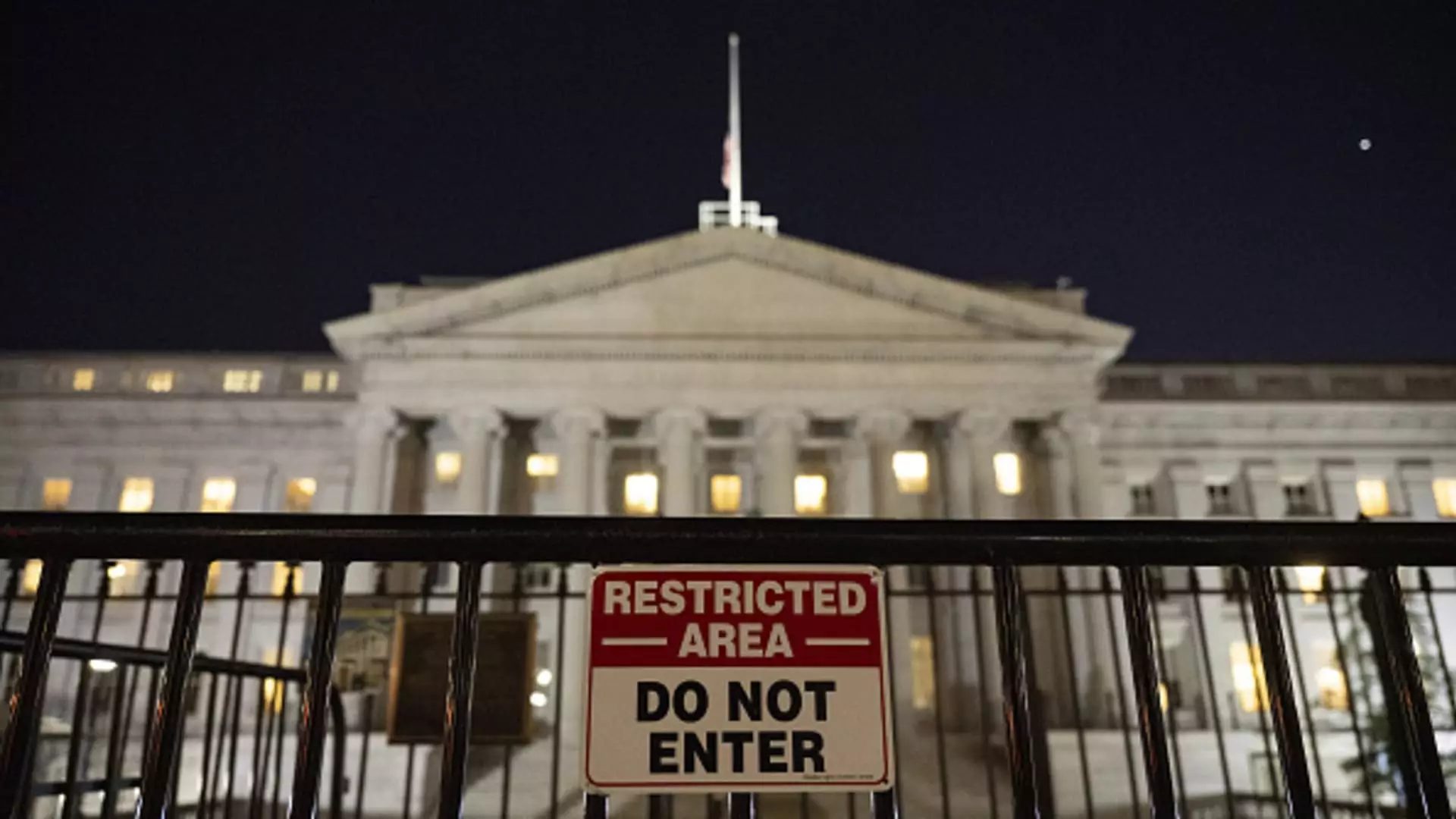In a shocking development, it has come to light that Chinese hackers have infiltrated the U.S. Treasury, particularly targeting the Office of Foreign Assets Control (OFAC) and the Office of Financial Research (OFR). The Washington Post uncovered this alarming breach, highlighting that unclassified documents were stolen in what has been characterized as a significant cybersecurity incident. As reports emphasize, the ramifications of such breaches extend beyond mere data loss; they delve deep into matters of national security and international relations.
The reported targets of this cyber intrusion are particularly noteworthy. The OFAC is responsible for administering and enforcing economic and trade sanctions based on U.S. foreign policy and national security goals. Any compromise of this entity could potentially disrupt U.S. financial policies toward China and other nations. Moreover, reports suggest that the Office of Treasury Secretary Janet Yellen was also a target, indicating that the hackers may have sought sensitive policy insights, thereby navigating political terrains that involve critical economic decisions.
In the wake of these allegations, the Chinese government vehemently denied the claims made by U.S. officials. A spokesperson for the Chinese Embassy in Washington dismissed the assertions as “irrational” and “without any factual basis,” reflecting China’s consistent stance of defending its cyber posture. This denial raises questions about the ongoing battle over cybersecurity, where accusations of hacking can sour diplomatic relations. It emphasizes not only the immediate fallout of the breach but also the potential long-term strain it places on China-U.S. relations, which are already precarious.
The attack comes against the backdrop of an increasing U.S. inclination to use sanctions as a tool against Chinese enterprises, individuals, and government activities considered threatening. Reports indicate that the Chinese government is particularly interested in understanding which Chinese entities the U.S. might target next for financial sanctions. This creates a dangerous cycle where cyberattacks may serve both defensive and offensive purposes within international financial operations. As tensions rise, so does the likelihood of cyber-attacks aimed at undermining the opponent’s economic strategy.
This incident underscores the broader threat landscape facing U.S. national security. The recent breach, allegedly linked to the Chinese state-sponsored hacking efforts, signals a pressing need for reinforced cybersecurity measures within government agencies. BeyondTrust, a cybersecurity service provider that fell victim to the compromise, illustrates the vulnerabilities inherent in third-party services that governmental institutions rely on for protection. Without urgent reform and deeper security infrastructures, the U.S. may continue to find itself on the defensive against a relentless tide of cyber intrusion.
As the U.S. Treasury grapples with the fallout from this major breach, critical reflections on cybersecurity strategies must take precedence. This incident is a stark reminder that the battle against cyber threats is not merely a technical battle; it’s intertwined with geopolitics, economics, and national security. The need for a proactive approach to cybersecurity has never been more pressing, particularly as state-sponsored hacking becomes a weapon in the larger arena of international relations.

Leave a Reply